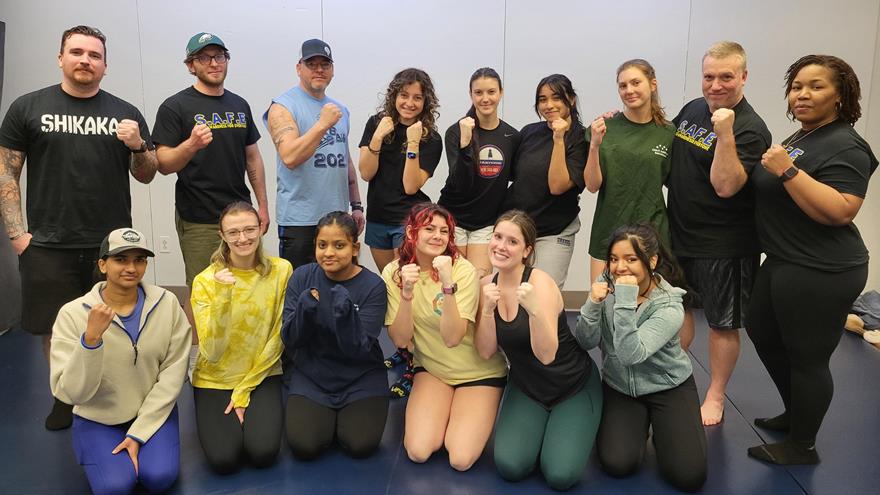Q&A With Paul Thomas Clements: Talking Tragedy on Roosevelt Boulevard

Paul Thomas Clements, an associate clinical professor in the College of Nursing and Health Professions, has worked with more than 2,000 surviving family members of violent deaths, like 5-year-old Saa'yon. Clements is an experienced therapist, forensic consultant and critical incident and trauma response specialist who has worked as a grief assistance and crisis intervention counselor at the Medical Examiner’s Office in the Department of Public Health in Philadelphia.
Clements told DrexelNow that what young survivors and their caregivers need most after a tragic loss is honest communication.
Tell us about your experience working with children touched by tragedy.
I have seen this often—drag racing, drunk drivers, etc., resulting in death. I have dealt with families and siblings of a dead victim from such events. What makes this situation worse is that the young boy lost everybody but himself. Similarly, I’ve seen robberies, where the thief shoots everyone in the house and a child was the sole survivor. I worked with one child who was left alone when his father committed suicide after killing the child’s pregnant mother.
How do you help children cope with loss and trauma?
By talking and being honest. I always make sure to get on their level, so they’re comfortable. When a child experiences significant trauma, it needs to be addressed. People tend to think if a child isn’t talking about something traumatic, then the parents or adults shouldn’t talk about it. But that’s not the case. Say to them, “Sometimes after things like this happen, things can scare you. Are you scared of anything?” The point is that the adults can’t be afraid to talk—it can unwittingly make the children feel like they can’t talk.
These children aren’t condemned by the trauma for the rest of their lives. Sometimes people think, “Oh, that kid will never be right.” But you don’t want to make that assumption. You need to keep them engaged in activities, and don’t let them become isolated. Stay on their developmental trajectory. This may be hard for adults, because they may not want to let the child out of their sight, but it’s important to let them live a regular life, such as playing with friends.
How do you address the new caregivers of the children?
I talk with the children separate from the adults. Then talk to the adults separately. Then talk with everyone together, because there shouldn’t be any secrets. In this particular case, I’m sure the family members want to help him, but may not quite know what to do. Church can be extremely helpful if the family is spiritual. Also, it’s important the family coordinates with a school counselor. Kids spend about 80 percent of their waking hours in school. Sometimes kids affected by trauma have a hard time going to school, or, conversely, it could be a good thing because it provides healthy focus and distraction.
Saa'yon is 5 years old. How do you think this incident will affect his life from now on?
It will depend on how people approach it. He’s going to have that loss forever; he can’t try to not think about it or try to forget it, because that can’t happen. Even though he’s only 5, he should try to remember the good things. As he ages, he’s likely going to blame himself. You have to tell children that it’s not their fault; don’t presume that they know that already. He is also going to have environmental cues. If he hears screeching tires or horns beeping, it could throw him into a numb state. This child could be at high risk for alcohol use and violence, but that is not certain; it will depend on how he can process this terrible event with those adults who now care for him. He’s not condemned to do this, but that’s why it needs to be talked about. If it stays inside, it could come out in destructive ways because that energy has to go somewhere. And, as you can imagine, it would be easy for him to become suicidal as he grows. If he becomes depressed, his family needs to know to get him professional help.
In This Article
Drexel News is produced by
University Marketing and Communications.
